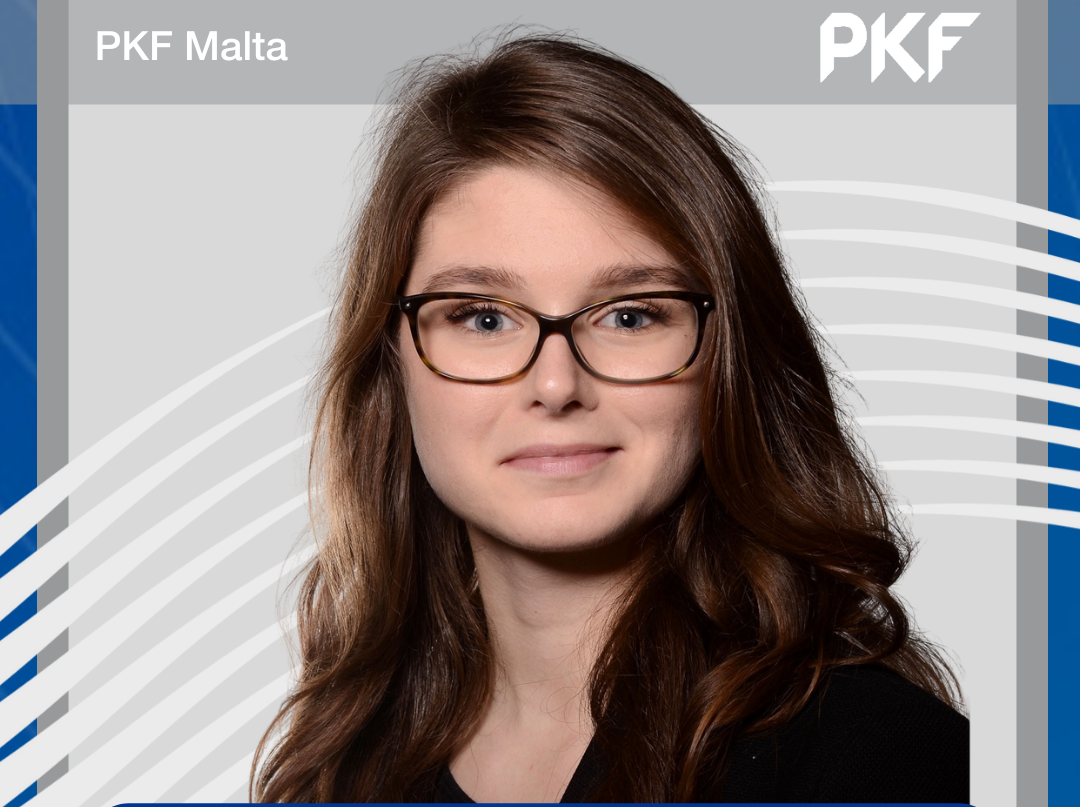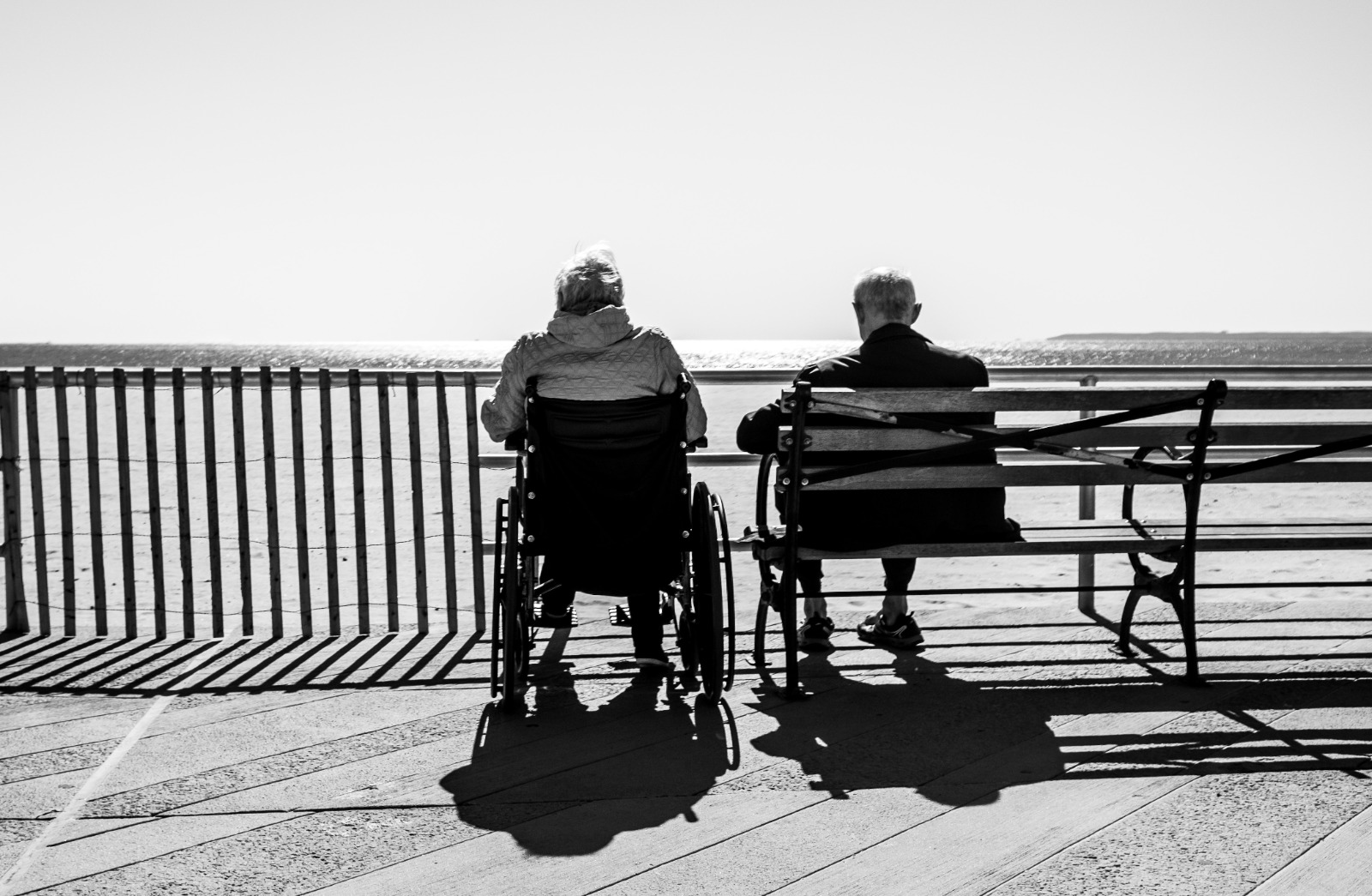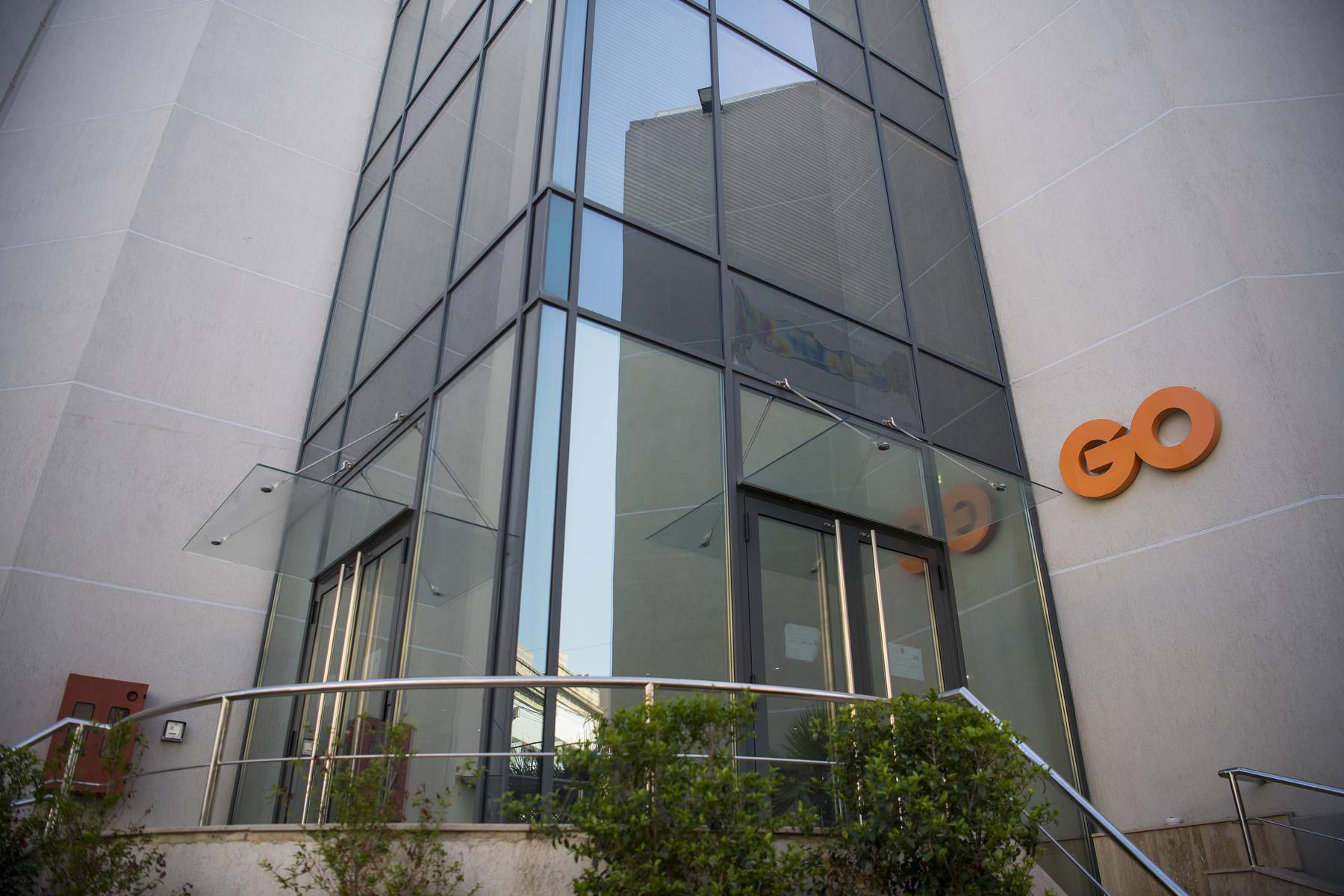As Europe faces the challenges posed by its rapidly ageing population, countries with innovative and effective healthcare systems are finding new opportunities to contribute to the well-being of the elderly.
Malta is emerging as a potential leader in exporting its healthcare expertise to the rest of Europe. With birth rates declining and life expectancy increasing, a larger proportion of the population is entering the elderly age bracket. In Malta, nearly a quarter of the population is aged 60 years and over and 18% is aged 65 years and over. This ageing population phenomenon has placed substantial strain on healthcare systems, social services, and the economy as a whole. The demand for specialized geriatric care, chronic disease management, and elder-friendly environments has created a pressing need for innovative solutions.
The European Market for an ageing population, often referred to as the “silver economy”, presents a transformative economic and societal landscape with the emergence of a diverse range of products, services, and innovations tailored to meet the needs of seniors. The silver economy encompasses sectors such as healthcare, housing, finance, leisure, and technology and this market not only addresses the challenges associated with an ageing population but also capitalizes on the immense opportunities it offers, fostering economic growth, job creation, and technological advancements. As for public spending, the silver economy in the EU accounts for 25% of GDP or about 50% of general government expenditure and it is projected to grow by more than 4% of GDP until 2060.
Malta has been at the forefront in addressing the challenges of an ageing population. In the last 20 years, the sector of ageing in Malta has seen a shift from policy and action aimed at addressing the medical needs of older persons, to policies which target ageing from a more holistic perspective, acknowledging physical, psychological and social wellbeing, and enhancing opportunities to maximize the potential of older adults. Malta has made remarkable strides in developing a robust and comprehensive healthcare system that caters to its citizens. With universal healthcare coverage, high standards of medical education, and modern healthcare infrastructure, Malta has positioned itself as a contender in the field of geriatric care. The country’s healthcare model is built on a foundation of primary care accessibility, preventive measures, and early intervention, all of which are essential components for addressing the complex needs of an ageing population.
The European market offers an opportune platform for Malta to export its healthcare prowess and innovative geriatric care practices, driven by several key factors. Malta’s dedication to quality care is exemplified by its development of specialized services such as geriatric clinics, rehabilitation centers, and home-based care programs. Leveraging its status as a tourist destination, Malta can attract older adults seeking healthcare solutions by offering tailored packages encompassing medical treatments and rehabilitation against the backdrop of its tranquil environment. With a history of early adoption in telemedicine and healthcare technology, Malta’s expertise in remote monitoring, telehealth consultations, and health-related apps could benefit other countries aiming to bolster their digital healthcare capabilities. Malta’s focus on medical research and education also holds promise for the advancement of evidence-based geriatric care practices through collaborative partnerships with European institutions. Additionally, Malta’s commitment to creating an elder-friendly environment via accessible infrastructure and age-inclusive urban planning positions it as a model for other nations striving to accommodate the needs of their ageing populations.
To conclude, with a forward-thinking healthcare system, a holistic approach towards geriatric care and a commitment to quality care, Malta has the potential to make a significant impact on the creation of a more age-inclusive and supportive European healthcare landscape for an ageing population.
Reduction in free float
Lowering Malta’s minimum free float requirement to 10% could unlock new opportunities for the local capital market
A golden age for GO plc
GO plc’s Annual General Meeting revealed a bold shift beyond traditional telecoms, stronger-than-ever financials, and possible share buy-backs
Another v-shaped recovery
Towards the end of 2024, most investment banks predicted that the S&P 500 index would continue its positive streak







